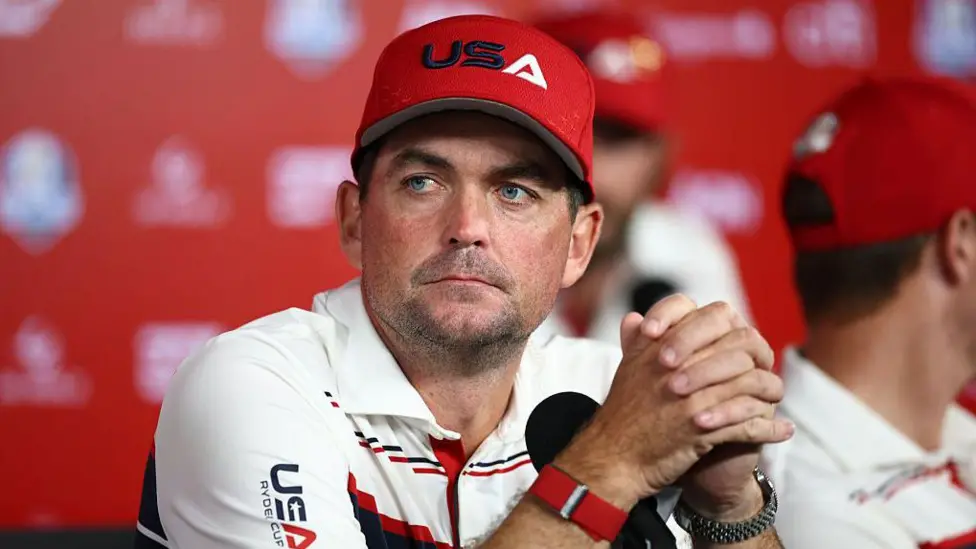
Keegan Bradley Admits He’ll ‘Never Get Over’ US Ryder Cup Defeat
Bradley Reflects on Painful Ryder Cup Loss and Lessons from Bethpage
Keegan Bradley has never been one to hide his emotions on a golf course. His passion, competitiveness, and energy have defined him for over a decade. But even for someone as fiery as the 39-year-old American, the events of September’s Ryder Cup at Bethpage Black have left a wound that refuses to heal.
The United States’ 15–13 defeat to Europe on home soil was not just another loss—it was, as Bradley himself described, “one of the toughest times of my life.” Speaking publicly for the first time since the competition, the youngest Ryder Cup captain since Arnold Palmer in 1963 opened up about the emotional toll of a campaign that fell apart before his eyes.
“Since Bethpage, this has been one of the toughest times in my life,” Bradley said candidly. “You win, it’s glory for a lifetime—but I didn’t, and I’m going to have to sit with this for the rest of my life. There’s no part of me that thinks I’ll ever get over this.”
For Bradley, the Ryder Cup has always been more than just a golf tournament. It’s personal. It’s history. It’s legacy. And this latest chapter, in which his American side failed to defend home turf, has clearly cut deep.
A Captain Under Pressure
Bradley’s appointment raised eyebrows when it was first announced. At just 39, he became the youngest Ryder Cup captain in decades—a bold move by the PGA of America that was meant to inject fresh energy and modern thinking into a team that has often struggled for unity and adaptability.
But from the moment the first tee shot was struck at Bethpage, things didn’t go as planned. Europe stormed into a 5½–2½ lead after the opening day and extended that to a commanding 11½–4½ by the end of day two—the biggest advantage ever held by a European side heading into the final day in modern Ryder Cup history.
Despite a spirited fightback from the Americans on Sunday, where they took 8½ of the 12 singles points, the damage was already done. The comeback fell just short, and the cup was heading back across the Atlantic.
“You put so much into it,” Bradley admitted. “You plan every detail, every pairing, every piece of preparation—and then the first two days go as poorly as we could have ever imagined. It’s devastating.”
His pairings, course setup, and tactical decisions were all called into question. Critics suggested he leaned too heavily on experience over form, while others felt the fiery New Yorker struggled to steady his team’s nerves when momentum swung against them. Bradley, to his credit, hasn’t shied away from accountability.
“I made some mistakes,” he acknowledged. “When you’re captain, every decision is magnified. I’ve replayed a lot of them in my head since that week.”
A Missed Chance to Play
What made this experience even more difficult for Bradley was the personal sacrifice he made to take on the captaincy. Early in the year, many had expected him to serve as a player-captain—an increasingly rare dual role that would have seen him lead the team while also competing.
But he ultimately decided against it.
“The first practice day, I was out on the tee, and I was watching the guys walk down the fairway all together,” he recalled. “And I said to myself, ‘I wish I was playing—that’s what it’s all about. I’m missing out.’”
Even so, Bradley insists it was the right decision.
“I was physically exhausted by the second day,” he explained. “I just didn’t think I could do both jobs. Looking back, I know that was the right call. But man, it hurt not to be part of the competition as a player.”
It’s a tough admission from a man who lives and breathes competition. Bradley is a two-time Ryder Cup player himself, with a history of emotional performances—most famously during the 2012 edition at Medinah, where the U.S. suffered another heartbreaking loss after leading heading into the singles.
To this day, he says, that defeat lingers. “I still haven’t unpacked my suitcase from Medinah,” he said. “Now this one feels just as heavy.”
Europe’s Triumph and America’s Reflection
While Bradley wrestles with regret, credit must also go to the European team, who delivered one of their finest away performances in years. Led by Luke Donald, Europe combined ruthless efficiency with unshakable camaraderie, embodying the very spirit that has defined their dominance in the event for decades.
For the Americans, the loss reopened old wounds—questions about leadership, preparation, and unity that have dogged them since the early 2000s. Despite possessing arguably more depth and talent on paper, Team USA once again looked out of sync when it mattered most.
Bradley’s selection as captain was meant to symbolize a shift toward a younger, more analytical era. But the outcome reminded everyone that the Ryder Cup isn’t just about data or star power—it’s about emotion, chemistry, and belief.
“I’ll Forever Wonder and Wish”
There’s something raw about Bradley’s honesty. In a sport where players often hide behind clichés and polite restraint, he speaks like a man carrying the weight of a missed opportunity.
“This event has been so brutal to me,” he said, voice heavy with emotion. “I’ll forever wonder and wish. You dream of being the guy who wins it at home, who gives people something to remember forever. Instead, I’ll remember this as one that got away.”
And yet, despite the pain, Bradley’s passion for the Ryder Cup remains unbroken. He confirmed he will continue to make himself available for future roles—whether as a captain, vice-captain, or even a player if form allows.
“I don’t know if I’ll ever get another chance,” he admitted. “But if I do, I’ll be ready. You can’t let one heartbreak define you.”
Looking Ahead to Adare Manor 2027
The next Ryder Cup will take place at Adare Manor in Ireland from 17–19 September 2027, a venue steeped in beauty and challenge. Whether or not Bradley will play a role remains to be seen, but his words suggest a man determined not to let history end this way.
If there’s one thing that defines Keegan Bradley, it’s resilience. He’s fallen, risen, and fallen again—but always with his heart on his sleeve and his eyes fixed on redemption.
And while the sting of Bethpage may never fully fade, it might also serve as the fire that drives his next chapter. Because for Bradley, the Ryder Cup isn’t just about winning or losing—it’s about belonging to something bigger than himself.
As he put it best: “You win, it’s glory for a lifetime. But you lose… and it stays with you forever.”

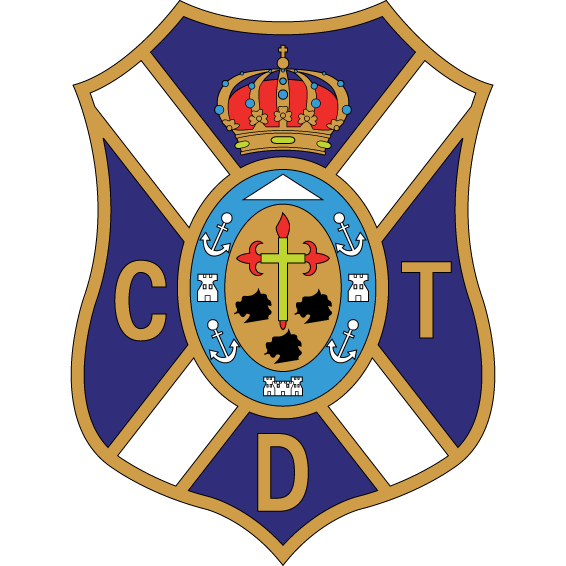


















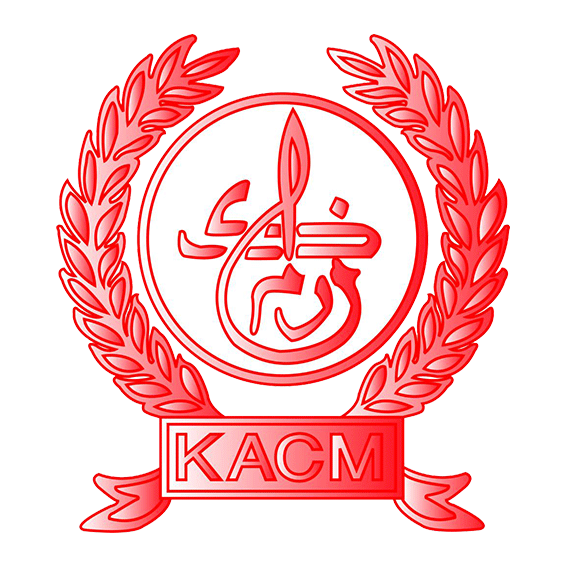






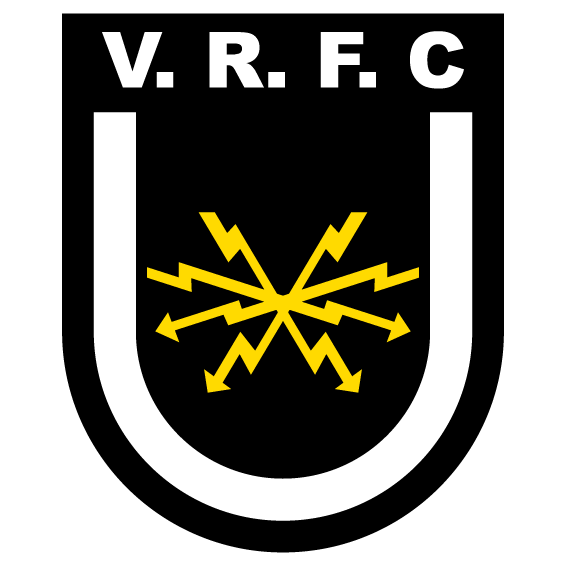

















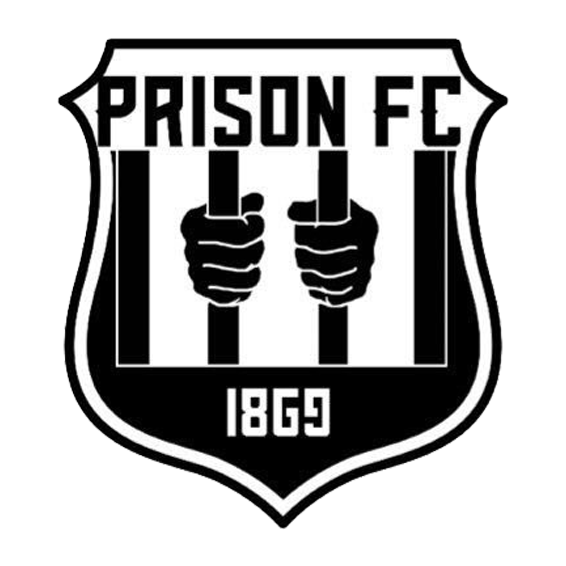


























There are no comments yet. Be the first to comment!